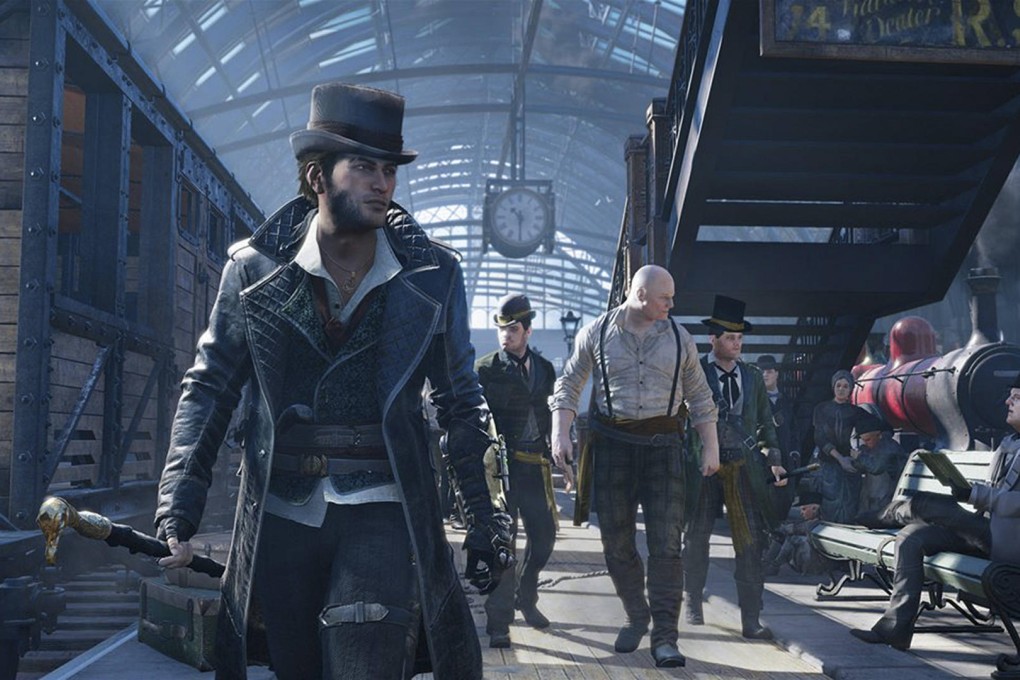Assassin's Creed Syndicate, underneath its brilliantly rendered Victorian London streets, is beset by terrible problems
The latest Assassin's Creed is little fun despite its beautifully rendered setting


Ubisoft

This year has been a transformative one for open-world games, with standout releases such as The Witcher 3: Wild Hunt and Metal Gear Solid V: The Phantom Pain revolutionising individual tenets of the genre, from narrative depth to mechanical breadth. Unfortunately, Assassin's Creed Syndicate is not one of those progressive titles, and instead of continuing this year's trend of pushing toward higher expectations from triple-A blockbusters, Syndicate suffers from a litany of issues, from design to technical.
With a new studio, Ubisoft Quebec, making its Assassin's debut, Syndicate (for the Xbox One, PlayStation 4 and Windows) does occasionally suggest a desire to effect change in a juggernaut so large it can barely be steered. However, the small shifts toward better worlds, characters, and in particular sharper writing, get lost among problems that have pervaded the series since its peak in 2009.